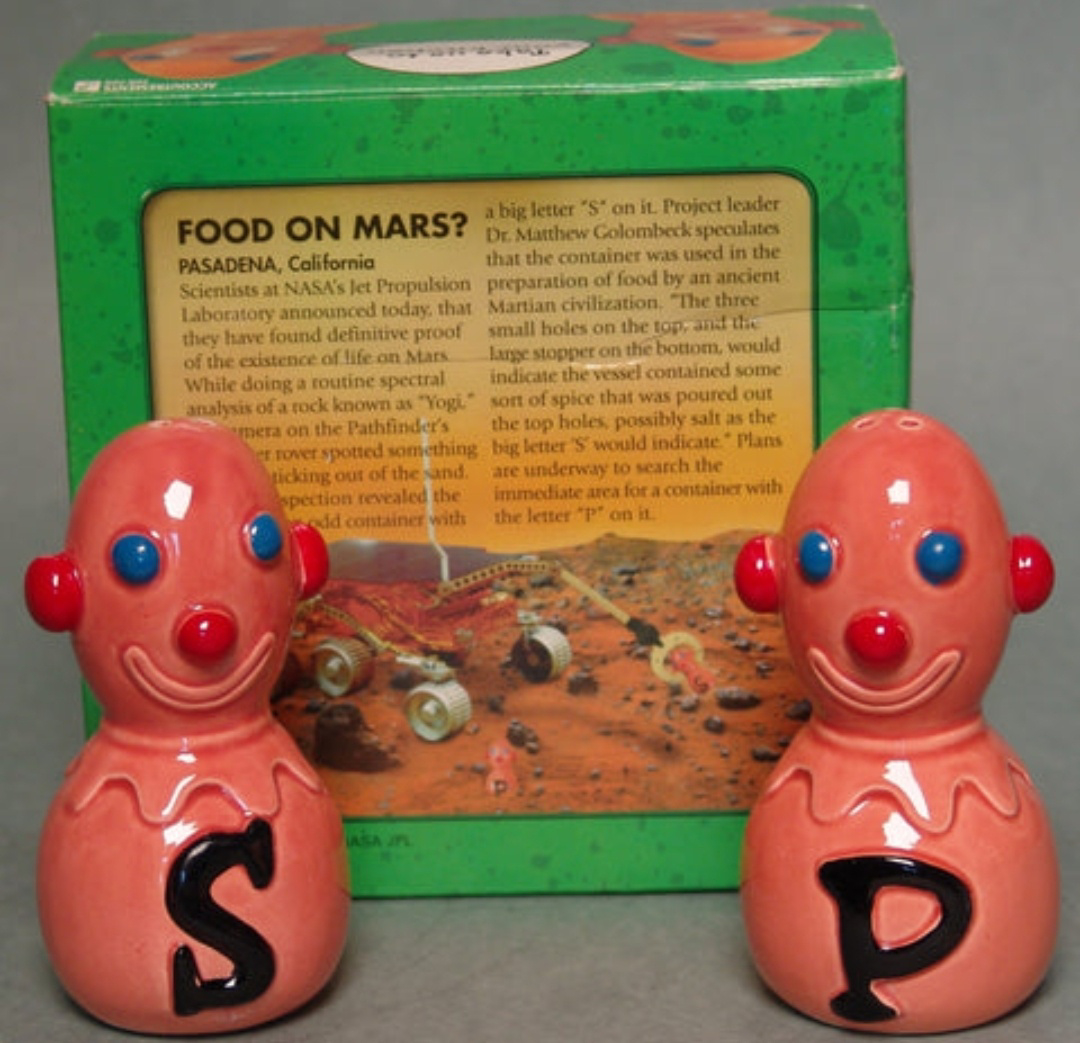Poor experiment. He didn’t find out what pollen allergies the plant might have had.
What do you mean? He already tested the three most common allergens: pepper, being ticked by a feather, and feet.
Me squinting hard trying to see if those are more common as allergens or as fetishes
This is a good candidate for a venn diagram.
deleted by creator
*Funding needed to carry out such effort.
With this sort of talent, the kid is sure to get a grant.
Not college, but places.
Good enough science to be a YouTube influencer.
Isn’t this a joke from Diary of a Wimpy Kid?
Huh, that photo even appears on the webpage
If I read it, will I understand why “feet” is in the sneeze-causing list?
I read it as a joke of increasing absurdity. Sniffing pepper makes people sneeze so that one works (besides the trying to make a plant sneeze part). He got a bit distracted by experiment 2 and mixed up the involuntary reactions sneezing and tickling and tries to tickle it with a feather. He then gets further distracted between experiment 2 and 3, and tests feet which are commonly ticklish.
When I break it down like this you can see that it is a very funny joke, as one can always tell from a detailed explanation of the joke.
The smell?
I also don’t get it. Not everything that smells causes you to sneeze. None of the methods actually make sense. A feather tickles you, not makes you sneeze. And the pepper? The experiment is invalid. Did not disprove the hypothesis, needs more testing.
deleted by creator
Ground breaking research. Disagree? Show me the study before this where they determined plants don’t sneeze
Glad the kid didn’t p-hack the experiment 👍
Kid’s *probably going places.
That would be the hypothesis.
Conclusion: Kid didn’t go places.
Experiment: This shitty poster.
Looks like an N value of 1 though. Hopefully results are replicable. I’ll wait for the meta-analysis.
The tragedy is that studies like this still get funding over actually relevant research.
Damn, all those like … 10$ that could have been used somewhere else
Something tells me that you don’t work in science. The process for getting science funding isn’t simple and weeds out useless studies pretty quickly. On average, calls for proposals have about a 15% success rate. So, 15 in every 100 proposals get funded. They are funded after being vetted for usefulness, feasibility, novelty, cost, and other factors.
Since studies are well-vetted before getting funded, studies that sound like they’re simple or useless based on headlines normally make a lot of sense when you read the research results.
Some of the odd studies were simply cheap, and are, in fact useless
That’s either too pixelated for me or a weird pepper shaker.
Looks like “Martian Shakers”. Though they must have a special edition, because the ones I found have blue eyes

Oh nice for sharing the info.
I used to have the non-shaker version of that.

It was much more fun to play with and far less messy if you did.









